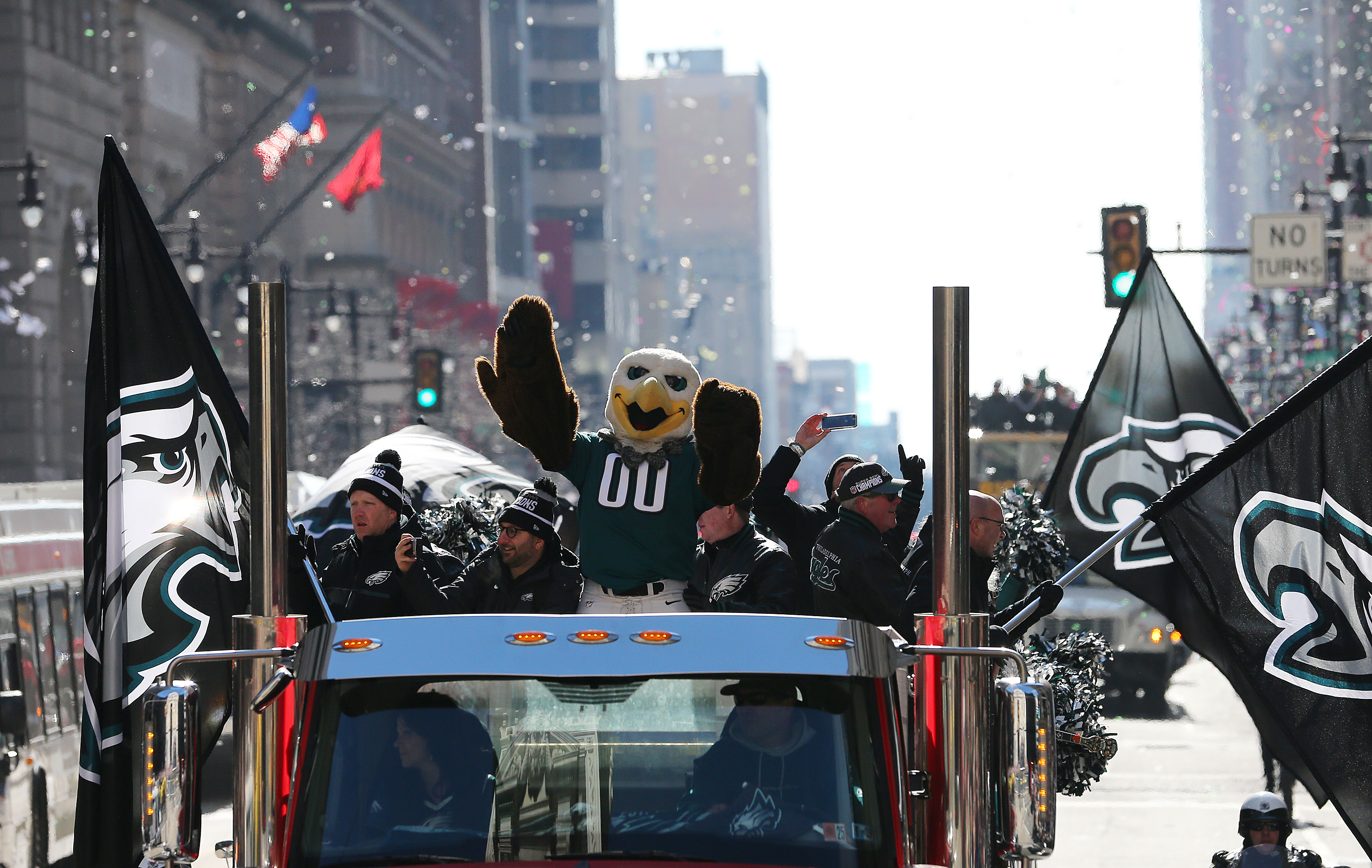The Philadelphia Parking Authority showed off its new solar-powered parking kiosks Tuesday. The parking agency says the new kiosks, which feature “pay-by-plate” technology, should last longer and be easier to use.
What to Know
- Philadelphia Parking Authority is planning to eventually replace all existing kiosks and meters with solar-powered "Pay-by-Plate" kiosks.
- The kiosks will require customers to enter their license plate, rather then get a printed receipt to put on the dashboard.
- The MeterUP app continues to be the mobile way to play.
The Philadelphia Parking Authority is going solar in its efforts to go green and higher tech.
Now only if finding a parking space could be a little easier.
On Tuesday, the PPA showed off its new solar-powered touchscreen "Pay-by-Plate" parking kiosks, which the agency plans to eventually expand citywide.
Here’s how the new parking kiosks work:
“Kiosk customers will be required to enter their license plate number, parking zone number, select payment methods of coin, credit or debit card,” the PPA said in a news release.
You won’t get a paper receipt to place on the dashboard. Instead, your car data will be collected.
Local
Breaking news and the stories that matter to your neighborhood.
The PPA enforcement officers then can verify the payment by scanning the license plate of the parked car, the PPA said.
There are some caveats to the new PPA kiosks:
You must properly enter you license plate number or risk getting ticketed.
If you want a receipt you can still choose to print one of get it via text message.
You can choose multiple languages including English, Spanish, French and Mandarin.
The PPA wants to eventually replace all the existing green box kiosks and standalone coin meters, but didn’t offer a timetable on implementation.
Paying by app?
People already using the MeterUP app to pay for parking shouldn't see any major change in how they pay to park.
The PPA hopes the new kiosks not only make paying for parking easier, but last longer
The stainless kiosk housing along with polycarbonate solar panel and touchscreen, rather than mechanics, should allow the kiosks to last longer --about seven to 10 years each, the PPA said.
The first of more durable solar-powered kiosks should start going up for beta testing starting next Tuesday in Center City, followed by University city.



